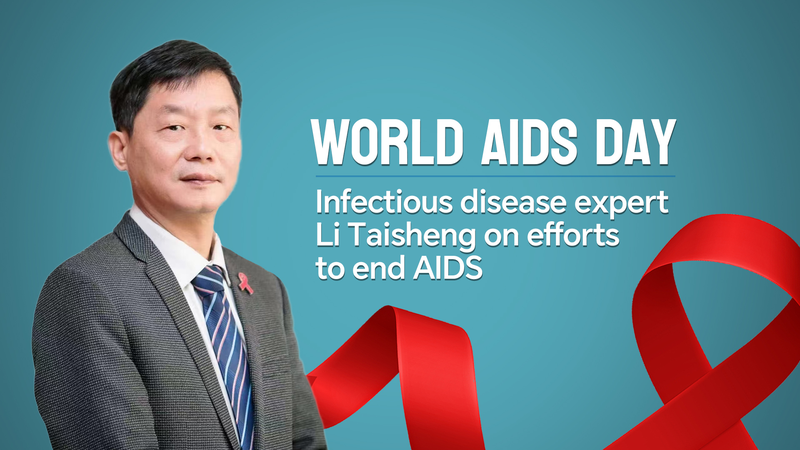🔔 The Democratic Republic of the Congo (DRC) is facing its largest mpox outbreak ever, with scientists warning about a new form of the disease that might spread more easily among people.
Since January, the DRC has reported over 4,500 suspected mpox cases and nearly 300 deaths, a threefold increase from the same period last year, according to the World Health Organization (WHO). The surge has prompted the country to declare a health emergency nationwide.
In the mining town of Kamituga in eastern DRC, researchers noticed something unusual. An analysis of patients hospitalized between October and January revealed genetic mutations in the mpox virus, suggesting it's adapting to humans in ways not seen before.
\"We're in a new phase of mpox,\" said Dr. Placide Mbala-Kingebeni, leading the study at the DRC's National Institute of Biomedical Research. He noted that the lesions reported are milder and often appear on the genitals, making the disease harder to spot. Previously, lesions were mostly seen on the chest, hands, and feet.
🎯 This new variant seems to spread mainly through sexual contact, with about a third of cases found in sex workers. \"The risk is that unless patients themselves come forward, we will have a silent transmission of the disease and nobody will know,\" Mbala-Kingebeni warned.
Dr. Boghuma Titanji, an infectious disease expert at Emory University, expressed concern over the mutations. \"This suggests the virus is adapting to spread efficiently in humans and could cause some pretty consequential outbreaks,\" she said.
While the mpox outbreaks in other parts of the world were curbed with vaccines and treatments, the DRC has limited access to these resources. Officials are in talks with countries like Japan to secure vaccines. \"Once a sufficient quantity of vaccines is available, vaccination will be implemented as part of the response,\" said Cris Kacita Osako, coordinator of the DRC's Monkeypox Response Committee.
💡 Experts are drawing parallels with the early stages of HIV. Dr. Dimie Ogoina of Niger Delta University said, \"The notable spread among sex workers is reminiscent of the early stages of HIV,\" highlighting the stigma and reluctance people may have in seeking treatment.
Despite the ongoing crisis, WHO's emergencies chief Michael Ryan noted a lack of international support: \"There has not been a single donor dollar invested.\"
The situation in the DRC underscores the urgent need for global attention and support to prevent the mpox outbreak from escalating further. 🌍
Reference(s):
Easier to spread? A new form of mpox found in Congo's biggest outbreak
cgtn.com




